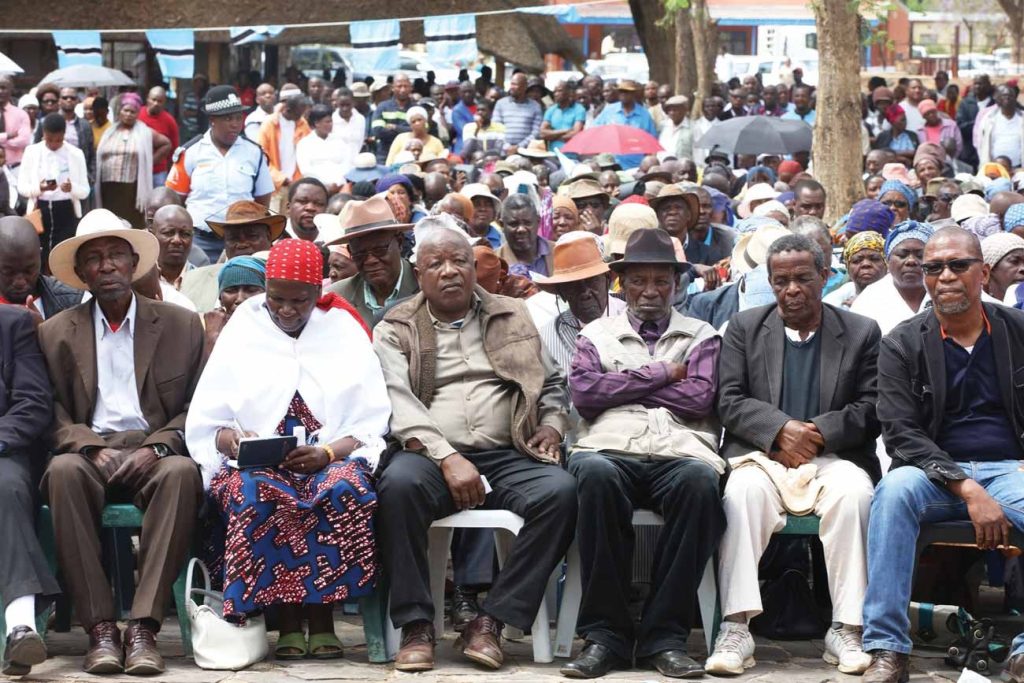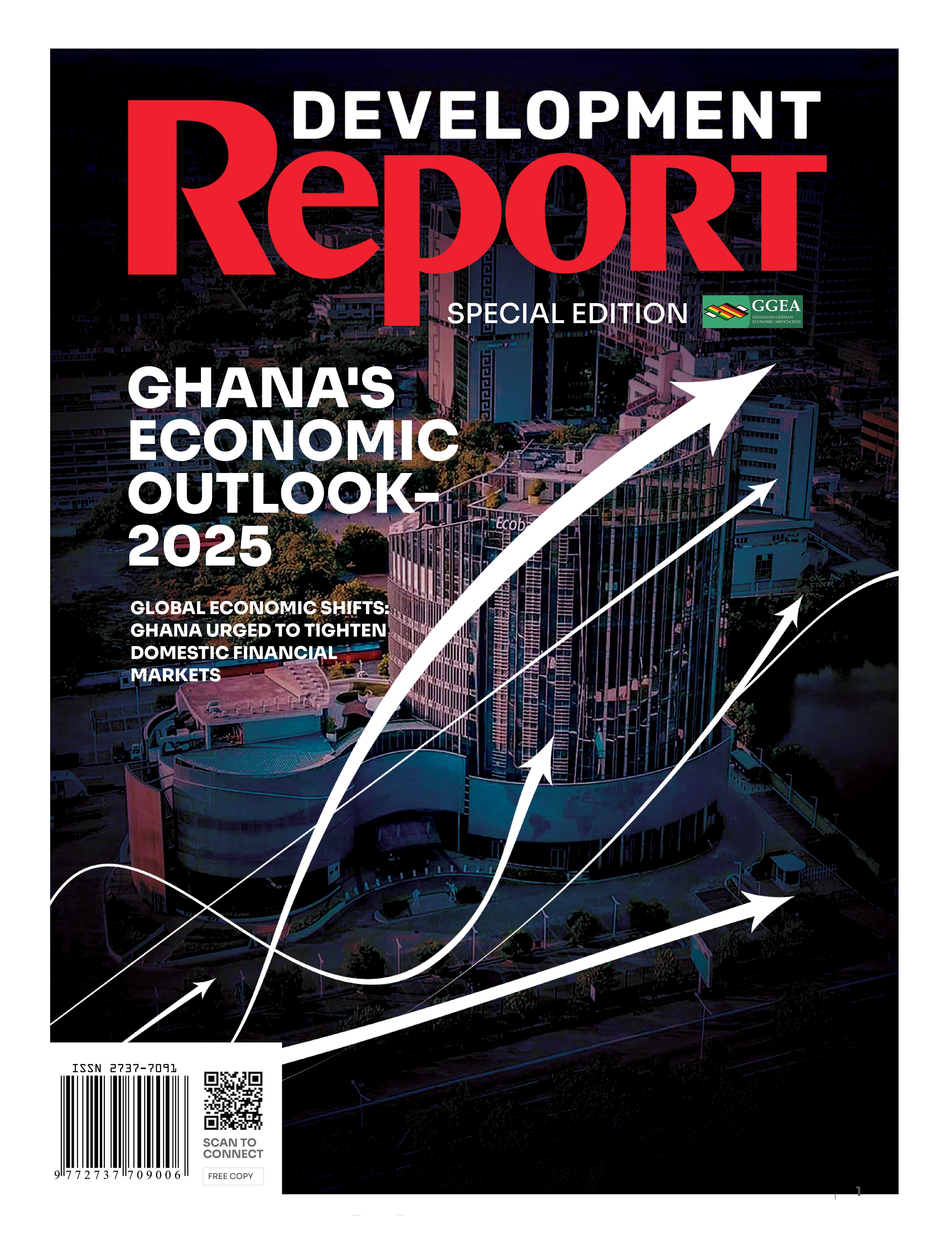Africa’s potential shines brilliantly, fuelled by the resilience and determination of its people. Yet, amidst this promise, a confounding paradox arises: How does a continent so acutely aware of its challenges struggle to translate this awareness into effective action? This question compelled an exploration of Africa’s journey toward development, probing into the complexities that obstruct progress and advocating a route to bridge the divide between knowledge and implementation.
Across Africa’s diverse cultures and landscapes, there exists a shared recognition of the pressing development needs. Africans possess a profound understanding of the pressing issues, including poverty, inequality, and corruption, that have persistently hindered progress. However, intriguingly, this collective understanding often remains disjointed from practical solutions. This paradox spurs an investigation into the contributing factors that underlie the gap between recognising challenges and effectively addressing them.
At the core of this enigma lies the intricate nature of Africa’s development challenges. These multifaceted issues are intertwined, and addressing one often necessitates resolving others. For instance, tackling poverty demands a simultaneous approach to education, healthcare, employment, and governance. This complexity introduces layers of difficulty in devising solutions that reach beyond surface level fixes.
Compounding the challenge is the formidable barrier of institutional inertia. This resistance to change is deeply rooted in well-established systems, marked by bureaucratic obstacles, political complexities, and vested interests. This opposition to change hinders the execution of well intentioned initiatives, resulting in a persistent tension between aspirations and the existing structures, and consequently, a lack of substantial progress.
Moreover, the chasm between recognising the need for change and manifesting it is further widened by unequal distribution of resources. Although the understanding of necessary change is widespread, crucial resources such as funding, skilled human resource, and technological advancements remain unevenly accessible. As a consequence, regions with limited resources remain trapped in a cycle of restricted advancement, maintaining the divide between awareness and action.
In regards to this context, effective leadership emerges as the cornerstone of navigating this paradox. Leadership capable of translating awareness into practical strategies and actions is pivotal. Leadership is more than devising plans, it entails transparency, accountability, and a profound commitment to community well-being. The absence of such leadership acts as an impediment to bridging the gap between identifying issues and translating that awareness into meaningful action.
In this intricate landscape, the integration of indigenous leadership models emerges as a transformative avenue. Many African cultures possess profound leadership philosophies rooted in harmony, collective well-being, and sustainable development. Drawing inspiration from these indigenous models, which have endured through time, breathes new vigour into development actions.
Indigenous leadership often revolves around community consensus, elevating the role of elders, local wisdom, and collaborative decision making. “Ubuntu,” a concept embraced in many African societies, underscores interconnectedness, empathy, and mutual support. This collaborative approach resonates with the imperative for collective action in closing the gap between awareness and implementation. Indigenous leadership models emphasise holistic thinking, intertwining economic, social, and environmental dimensions, mirroring the intricacies of Africa’s development challenges.
The pivotal question emerges: Could indigenous leadership models be the missing link in Africa’s development transformation? It is often argued that we tap into the timeless wisdom of African cultures by embracing these models. Visionary leaders who imbue indigenous values can harness collective awareness and translate it into tangible progress.

For instance, Rwanda’s Gacaca system, a traditional form of community justice, was employed to facilitate post-genocide reconciliation. This system harnessed community involvement, healing, and accountability to foster unity and recovery.
In Botswana, the concept of “Kgotla,” a traditional community gathering space, embodies democratic decision-making. It emphasises dialogue, consensus, and inclusivity, aligning with the modern principles of good governance.
In Nigeria, the “Igbo Council of Elders” plays a vital role in conflict resolution and decision-making. This council brings together respected elders to offer guidance based on traditional values and wisdom, fostering unity and community well-being.
Leadership is not confined to individuals alone, institutions, both governmental and non-governmental, play an essential role. Through institutionalising transparency, accountability, and inclusivity, these entities collectively drive change and bridge the gap between knowing and doing.
However, the mantle of leadership transcends individual and institutional boundaries, it becomes a collective effort. From government officials to community leaders, entrepreneurs to educators, each holds a part in guiding the way. Leadership entails realising that change necessitates action and collaboration, with each individual contributing to setting the example.
It is important to reiterate that to navigate Africa’s development paradox and transform awareness into tangible action, it is imperative to integrate indigenous leadership models. First and foremost, a deep understanding of the local context, traditions, and values is essential. Solutions can be tailored to resonate with the community’s needs by recognising the intricacies of challenges through the lens of indigenous knowledge. Overcoming institutional resistance requires a comprehensive approach involving collaboration between traditional leadership structures and modern governance systems. Equitable distribution of resources must be a priority, addressing historical disparities and ensuring that development benefits all segments of society.
Effective leadership is pivotal, drawing inspiration from indigenous models that emphasise collective decision-making, consensus-building, and a holistic approach to problem-solving. Furthermore, promoting cross-sectoral partnerships, both within Africa and globally, can harness the collective strengths of diverse stakeholders. Africa can tap into its cultural wisdom, revitalising progress and steering the continent towards a future defined by sustainable growth and shared prosperity by embracing indigenous leadership models.


